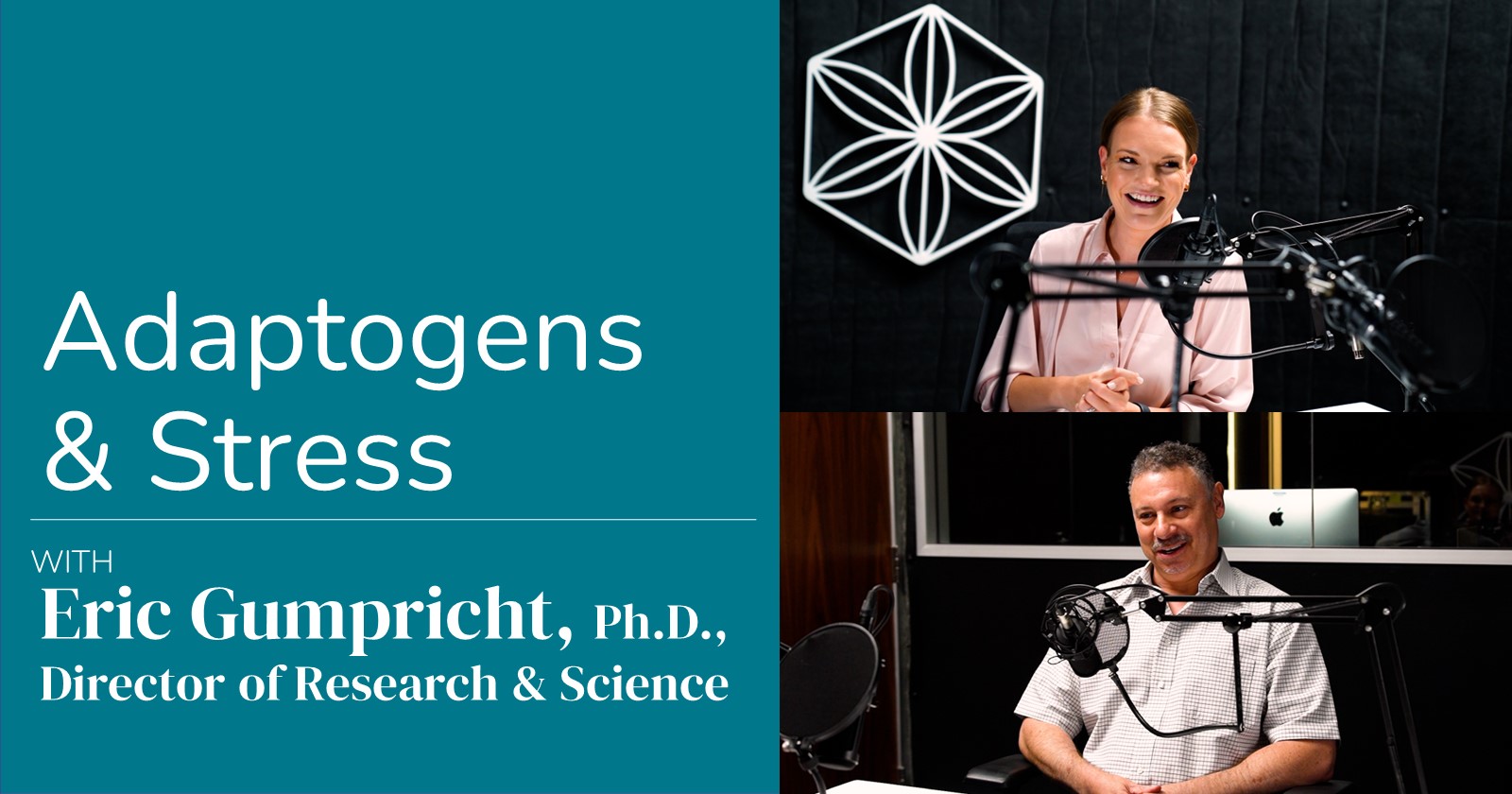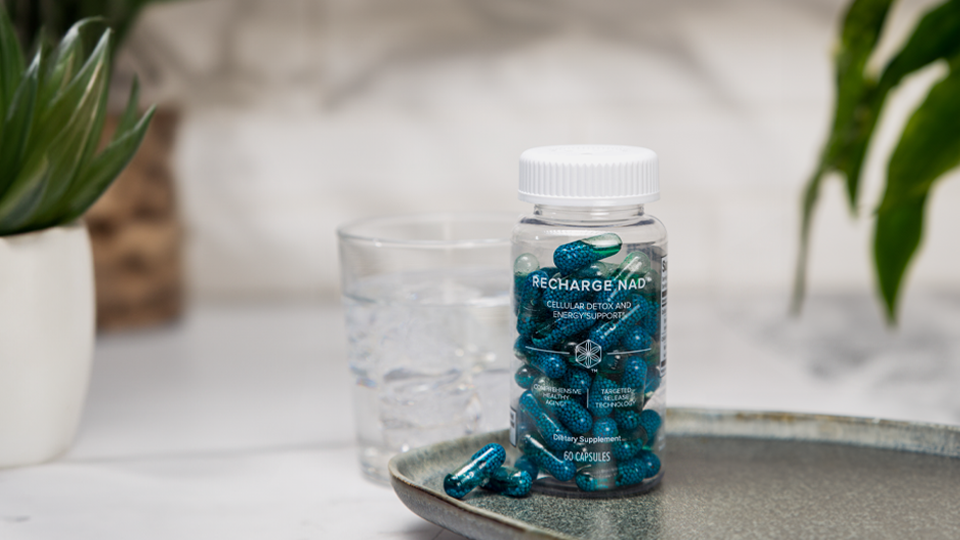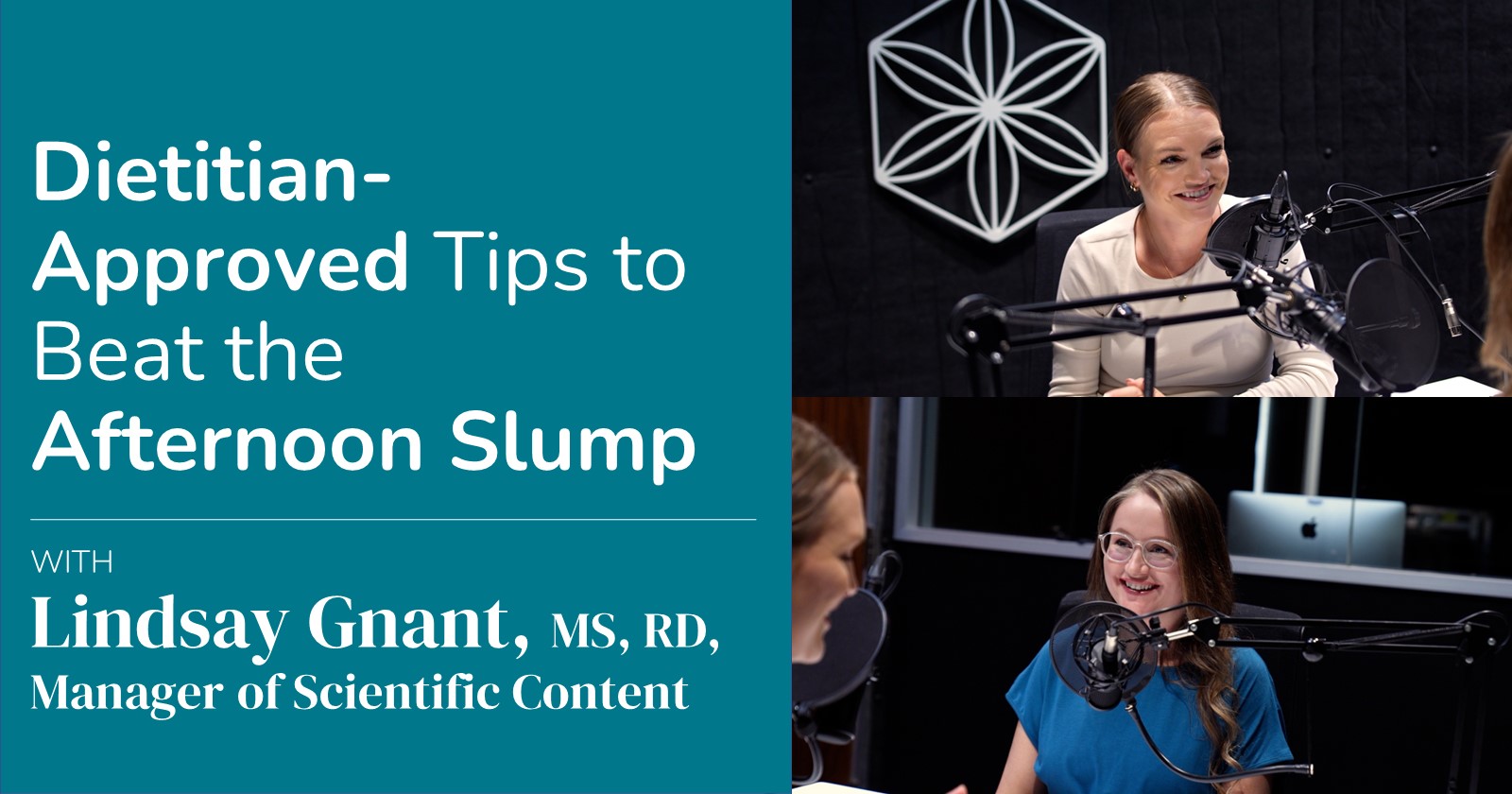During competition, a high jumper may harness adrenaline and nervous energy to increase focus, speed, and force during the jump. Here’s where stress is a good thing. But a little too much stress can cause muscle tension that interferes with the mechanics of technique, resulting in “choking” and a miss.
As with competition stress, too much life stress can hurt an athlete’s performance. When bombarded with continuous emotional and psychological stress, the same small dose of hormones that initially was beneficial in helping the high jumper to sail over the bar can be overproduced and hurt performance and the body. Substantial stress over time, in fact, can lead to a host of issues that could devastate athletes, including:
• Suppressed immune system leading to interruptions in training (1)
• Increased susceptibility to injury (2)
• Slower rebuilding of damaged muscle and tissue leading to poor recovery (3, 4)
• Reduction in sleep quality leading to a decline in performance (5, 6)
• Increased appetite and incidence of emotional bingeing in some athletes, leading to overeating, weight gain, and possibly reduced performance (7)
Stress from everyday life, training, and competition isn’t going anywhere. So what’s an athlete to do? Aside from developing better coping techniques to deal with stress, there may be a more immediate solution in the form of natural, plant-based Adaptogens found in Isagenix products that include Ionix Supreme, e+, and t+ Chai.
Adaptogens decrease the sensitivity of the body to stress, helping athletes become less susceptible. In addition, Adaptogens can improve resistance in the face of stress and fatigue during competition (8, 9). As a result, athletes not only gain from stress protection, but may also improve physical performance, mental alertness, and ability to perform under pressure.†
The enhanced ability to perform both mentally and physically under stress can prove indispensable in the competitive world of sports and fitness, where the difference between winning and losing often comes down to who handles stress the best.
In 2010, a randomized, double-blinded, placebo-controlled study evaluated the use of Adaptogens by 40 stressed women performing nerve-wracking cognitive tasks (10), those who received the Adaptogens showed a significant improvement in attention, speed, and accuracy, and made fewer errors while completing their work. Cognitive function under stress is clearly of value to athletes, who must remain alert and focused during fatigue and be able to quickly react to problems.†
Evidence also supports the use of Adaptogens for boosting endurance, stamina, and even power under strenuous athletic conditions (11-13). When taken by cyclists before exercise, rhodiola was shown to improve performance by lowering perceived exhaustion and the time needed to complete a six-mile ride (11), and when taken daily, eleuthero was shown to elevate VO2 max and improve endurance time by 23 percent (12). Athletes taking ashwagandha daily for eight weeks also improved their stamina by increasing VO2 max, but simultaneously increased sprint velocity and power (13).†
Undeniably stress management is often an overlooked problem for athletes. Adaptogens offer a convenient way for an athlete to gain an edge over the competition. Through the use of Isagenix products featuring Adaptogens, athletes can not only help prevent the harmful physiological effects of stress, but may also improve mental and physical performance and the ability to operate under pressure.†
†These statements have not been evaluated by the Food and Drug Administration. These products are not intended to diagnose, treat, cure, or prevent any disease.
References:
- Clow A, Hucklebridge F. The impact of psychological stress on immune function in the athletic population. Exerc Immunol Rev. 2001;7:5-17. Review.
- Ivarsson A et al. Psychological predictors of injury occurrence: a prospective investigation of professional Swedish soccer players. J Sport Rehabil. 2013Feb;22(1):19-26.
- Stults-Kolehmainen MA et al. Chronic psychological stress impairs recovery of muscular function and somatic sensations over a 96-hour period. J Strength Cond Res. 2014 Jul;28(7):2007-17.
- Broadbent E et al. Psychological stress impairs early wound repair following surgery. Psychosom Med. 2003 Sep-Oct;65(5):865-9
- Kim EJ1, Dimsdale JE. The effect of psychosocial stress on sleep: a review of polysomnographic evidence. Behav Sleep Med. 2007;5(4):256-78.
- Fullagar HH et al. Sleep and athletic performance: the effects of sleep loss on exercise performance, and physiological and cognitive responses to exercise. Sports Med. 2015 Feb;45(2):161-86.
- Yau YH1, Potenza MN. Stress and eating behaviors. Minerva Endocrinol. 2013 Sep;38(3):255-67.
- Panossian A, Wikman G. Evidence-based efficacy of adaptogens in fatigue, and molecular mechanisms related to their stress-protective activity. Curr Clin Pharmacol 2009;4:198-219
- Panossian A, Wikman G. Effects of adaptogens on the central nervous system and the molecular mechanisms associated with their stress—protective activity. Pharmaceuticals 2010;3:188-224. doi: 10.3390/ph3010188
- Aslanyan G et al. Double-blind, placebo-controlled, randomised study of single dose effects of ADAPT-232 on cognitive functions. Phytomedicine. 2010 Jun;17(7):494-9.
- Noreen EE et al. The effects of an acute dose of Rhodiola rosea on endurance exercise performance. J Strength Cond Res. 2013 Mar;27(3):839-47.
- Kuo J et al. The effect of eight weeks of supplementation with Eleutherococcus senticosus on endurance capacity and metabolism in human. Chin J Physiol. 2010 Apr 30;53(2):105-11.
- Sandhu JS et al. Effects of Withania somnifera (Ashwagandha) and Terminalia arjuna (Arjuna) on physical performance and cardiorespiratory endurance in healthy young adults. Int J Ayurveda Res. 2010 Jul;1(3):144-9.





